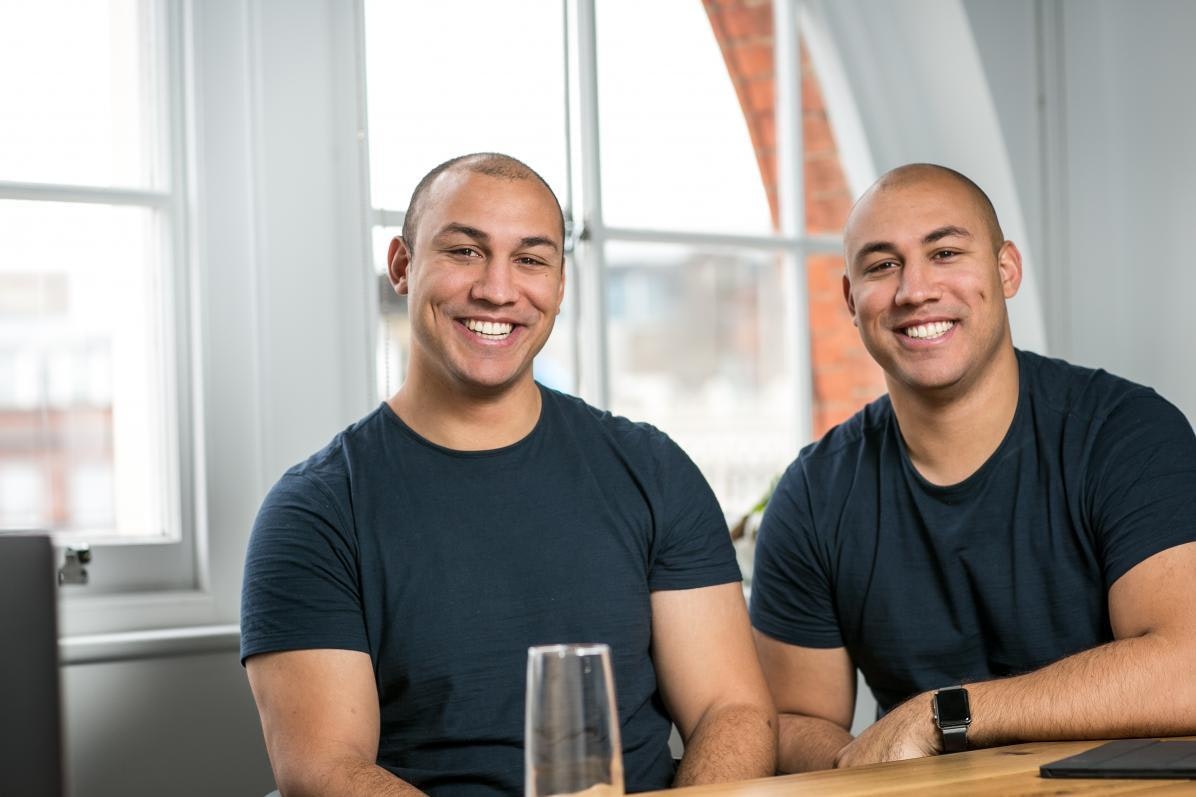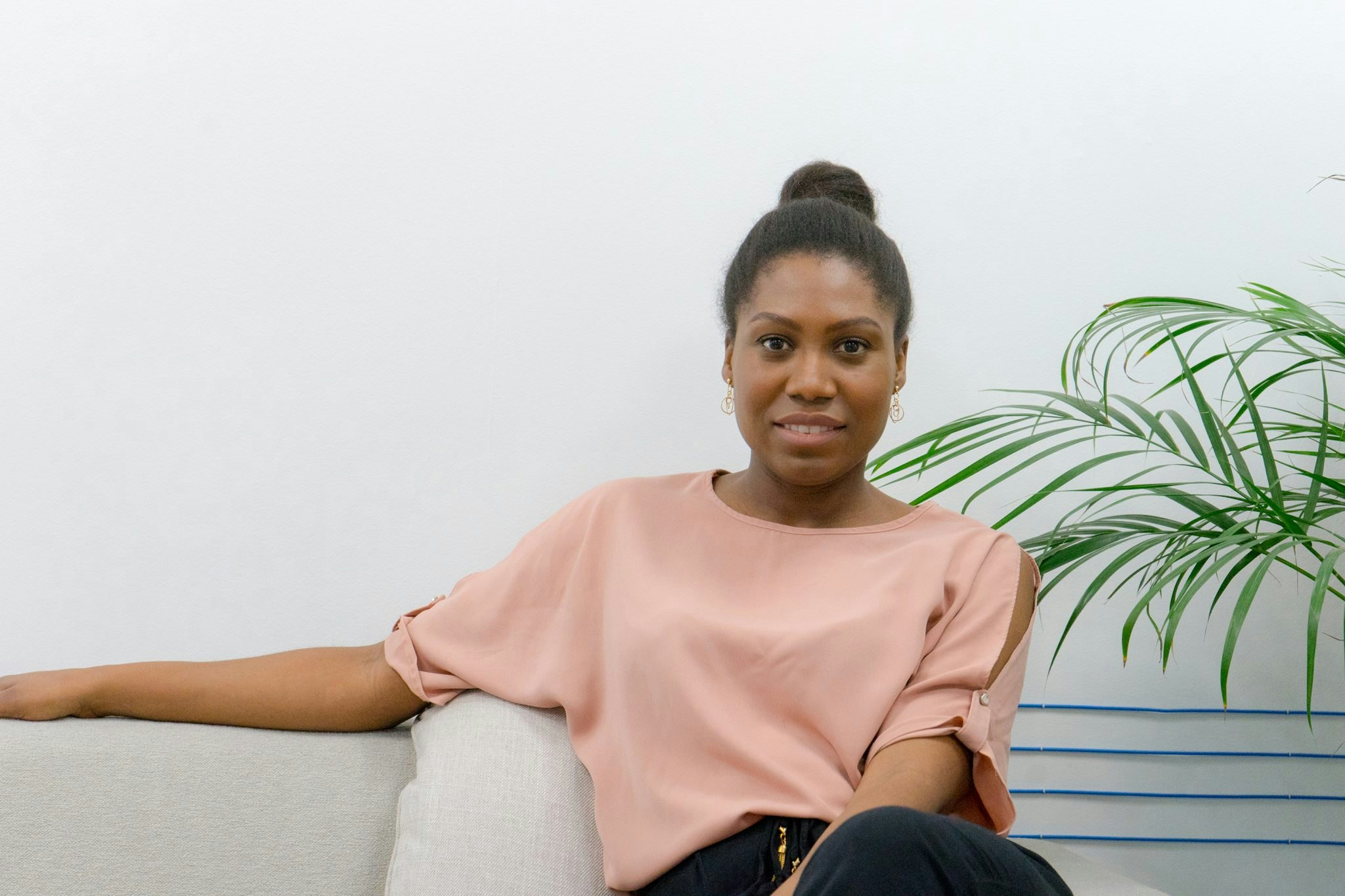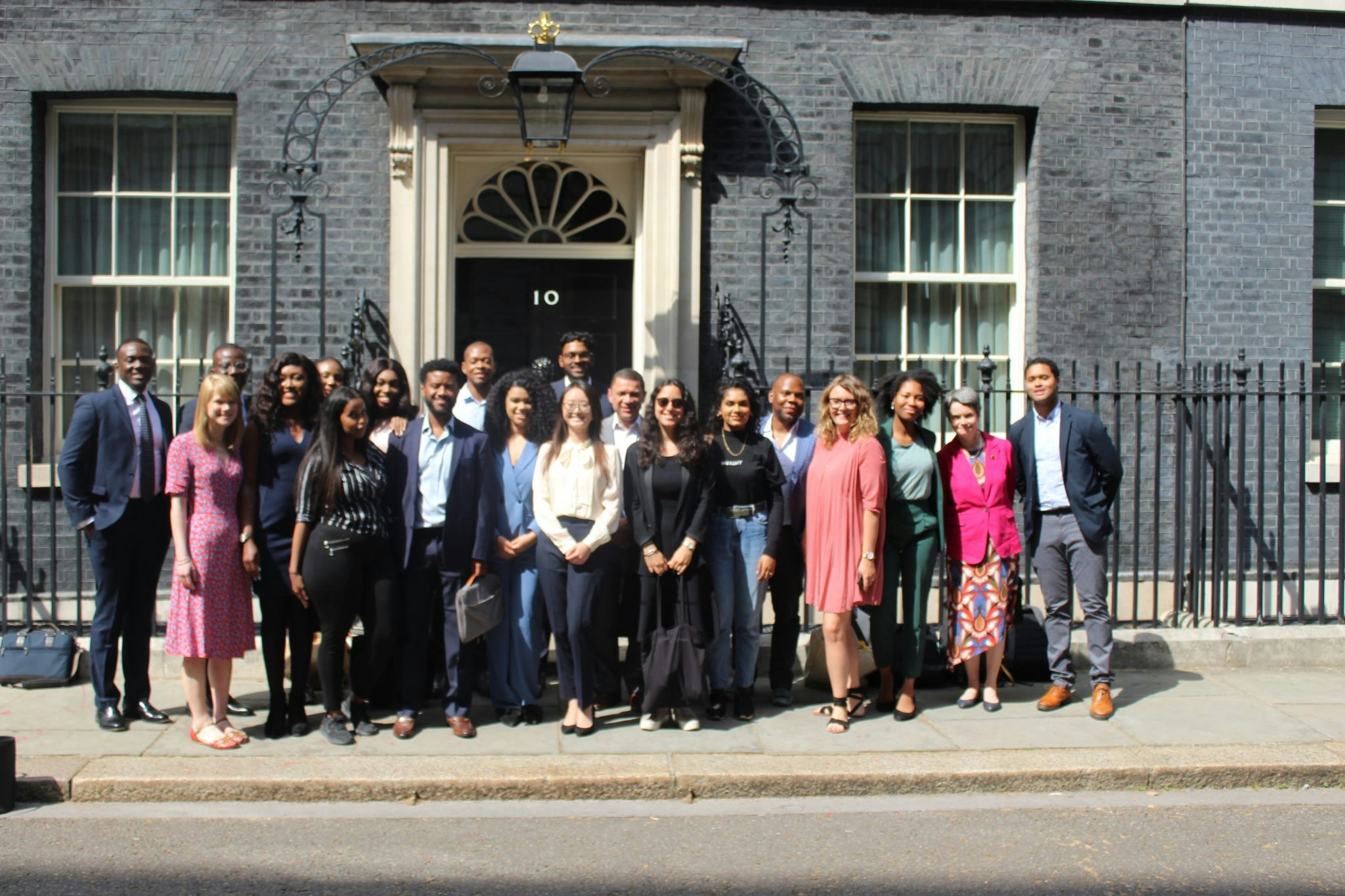Marshmallow’s Oliver and Alexander Kent-Braham have become the UK’s second Black unicorn founders, in a significant couple of weeks for the tech sector that saw Zepz's (formerly WorldRemit) founder Ismail Ahmed become the first towards the end of August.
On Wednesday, Marshmallow, the digital-first car insurance provider, announced an $83m Series B, with prominent backers including Passion Capital, Investec Bank and Scor. It values the company at $1.25bn.
Though there’s no comprehensive data on founder ethnicity across the whole of Europe, Marshmallow says it’s the second UK unicorn to be founded by people of Black heritage. Sifted research suggests the same.
This follows a number of reports over the past year highlighting the uneven fundraising landscape in European tech. One found that Black people made up just 3% of the European VC and PE industry. Another report said that less than 1% of capital in the UK has gone to Black founders in the last 10 years.
The stats on lack of diversity in the VC and startup industries are “stark,” Oliver tells Sifted. “There’s such a small amount of capital going towards Black founders.”

Business is booming
Founded in 2017, by the Kent-Braham twins and CTO David Goaté, the digital-first car insurer initially set out to serve expats, who struggled to find affordable insurance at incumbent providers.
The scaleup now describes itself as “mass market” and is one of only two UK insurtechs to be granted a licence by the FCA, meaning it can sell insurance directly to customers. But more broadly, it’s part of an emerging group of tech startups taking on an entrenched insurance industry that investors have been betting big on.
Marshmallow is the sixth European insurtech unicorn to be minted since March, and the sector has already seen funding nearly double figures set last year — hitting €2.3bn in 2021 so far.
For an industry that’s worth $6tn globally and — up until recently — hasn’t seen the same amount of tech innovation as finance or health, it's not hard to understand why VCs are now all too keen to cash in on the digital makeover.
“When you look at the size of the market, and how entrenched and not tech-focused the incumbents are, it's an opportunity that investors are really excited by,” Oliver tells Sifted. Investment might be rife, but he sees the sector as still gathering speed, and says it's “barely scratching the surface”.
Marshmallow, for example, is currently the only insurtech selling consumer insurance in the UK, and has a market share of less than 1%, says Oliver — highlighting the grip incumbents like Admiral and Allianz have on the market.
But, “people are voting with their feet”, he adds, and the scaleup’s customer base has doubled in size since March and has sold over 100k policies.
Tech’s diversity problem
Funding figures for Black founders make for painful reading.
Between 2009 and 2019, just 0.24% of venture capital went to teams of Black entrepreneurs — 38 businesses in total. Out of those, only one Black female founder raised Series A funding across the 10 year period.
“The stats that get thrown your way are unbelievable,” says Oliver. One problem, he adds, is that “when you're from certain minorities, you don't have role models to come and say that they've done it”.
Another problem, he says, is access to exclusive communities.
When you look at the percentage of capital that goes to [founders from] certain universities, it’s so skewed towards the very elite ones — and the people that go there normally have certain backgrounds.
“When you look at the percentage of capital that goes to [founders from] certain universities, it’s so skewed towards the very elite ones — and the people that go there normally have certain backgrounds,” he tells Sifted.
According to Dealroom, a quarter of Europe’s unicorn founders went to just 10 universities.
It’s a complex problem, says Oliver, but the solution lies in breaking the cycle of “VCs going to universities like Oxford and Cambridge, and then investing in people from Oxford and Cambridge”.
“I think there’s very much a ‘this person looks like me’ mentality on the education front,” he adds. There’s no getting away from the fact that coming from communities with significant links to VC is beneficial. In 2019 Diversity VC found that startups that are able to hit up an investor via a ‘warm introduction’ are 13 times more likely to get funding.
Oliver tells Sifted that Marshmallow was approached by VCs for its most recent round, but much of the company’s early funding was driven by BAME VCs or minority-ethnic-focused funds.
Marshmallow’s 2018 seed round was led by Eileen Burbidge — who Oliver points out is from a minority ethnic background — and in 2019, the scaleup also raised $4m in a bridge round from diversity-focused fund Impact X.
For Marshmallow’s part, it’s made a “conscious effort to open up more” in terms of recruitment to encourage people from diverse backgrounds to apply for roles at the company, says Oliver. Tapping into a wider range of recruitment sources and hiring temps are two examples.
“If everyone thinks the same it leads to dialogue less often because people are not being challenged on their ideas,” he says. 20% of the company’s workforce are from BAME backgrounds and 50% are female.
What’s next for Marshmallow?
Despite registering major growth over the past year and raising two rounds, the scaleup isn’t getting carried away with a Hopin-esque funding trajectory.
Oliver says the company doesn’t plan to raise further equity rounds any time soon, but that venture debt could very well be on the cards — amid a boom in debt financing in Europe.
We’re in the UK, which is a huge market, and so there probably isn't as much pressure to quickly move into other markets.
World domination also isn’t front of mind, Oliver tells Sifted. “We’re in the UK, which is a huge market, and so there probably isn't as much pressure to quickly move into other markets.”
He says Marshmallow’s looking to expand its current offering in the UK in 2022, and move into other “personal lines”, like home, pet and travel insurance. International expansion is on the roadmap, he says, but it’s unlikely to happen in the immediate future.
And the end goal for all of this? As a tech company, trying to build brilliant products for its customers, that all depends on how best the company can attract “great engineers to work on big problems”, Oliver says.
“Would an IPO help us do that? If it would, that’s the step we’d take. But we don’t see this journey ending with an acquisition — which ends your route to the mission.”
Kai Nicol-Schwarz is a reporter at Sifted. He tweets from @NicolSchwarzK.
*When we published this piece, we said that Marshmallow were the first Black-founded unicorn in the UK. However, following Zepz's (formerly WorldRemit) raise on 23 August 2021 that statement is inaccurate, and we have corrected the article.


